Elephantiasis patients have appealed for their inclusion in the Livelihood Empowerment against Poverty (LEAP) programme to better their socio-economic livelihoods.
LEAP is a government pro-poor policy that provides cash and health insurance to extremely poor households nationwide to alleviate short-term poverty and encourage long term human capital development. In an interview, the patients who had developed swellings on their body parts said their conditions had made them disabled, enumerating the pains and sufferings they went through.
They spoke to Sompa FM on the sidelines of a stakeholder's engagement meeting on NTDs in Sunyani, organised by the GHS with support from the American Leprosy Mission (ALM). According to Ama Lamia and George Akangale, elephantiasis patients at Dumasua, a farming community in the Sunyani West Municipalities, they were unable to do any farm work because of the swelling on their legs.
Akangale who is in his 40s said he had three children, but lost her wife just a year now, saying because of the acute attacks associated with the diseases, he could no longer do the farm work for the upkeep of the family. He said he experienced the swelling of his right leg 20 years ago, however expressed worry people with the condition were socially excluded due to the myths and misconceptions as well as the discrimination and high stigmatization of patients.
Lamia, also in her 50s, said she had five children, developed the swelling of her left leg in her childhood days, added the disease was gradually eating into her left hand too, though she had been managing it for some time now. She said there were other several people living with the condition in the area, and added they were hiding in homes due to public stigmatization and discrimination.
Earlier, Mr Bright Alomatu, Programme Officer, NTDs described elephantiasis as a severe disability, and advocated the inclusion of patients in accessing the disability fund of the various Metropolitan, Municipal and District Assemblies. He observed that the acute attacks on patients normally occurred during the wet seasons, saying they experienced unusual headaches, fever, and severe pains, unable to do anything.
Sompaonline.com/K.Peprah


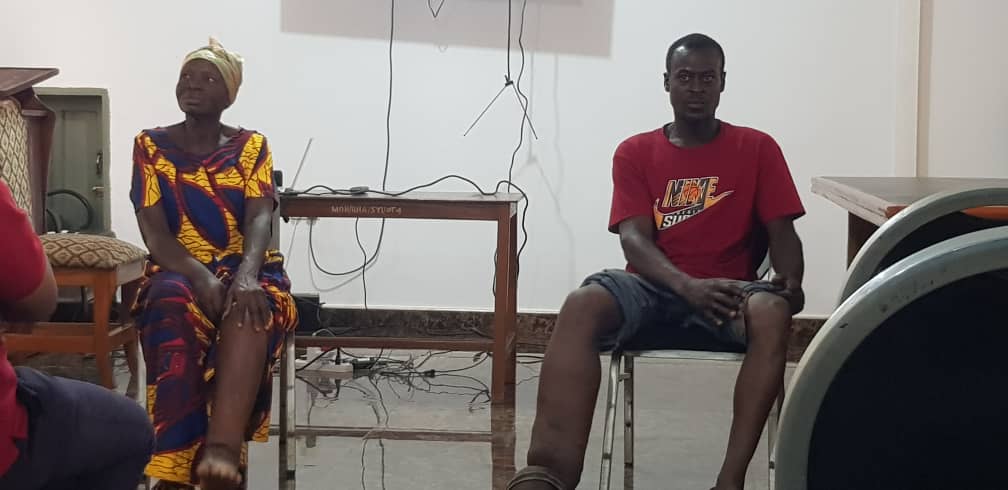

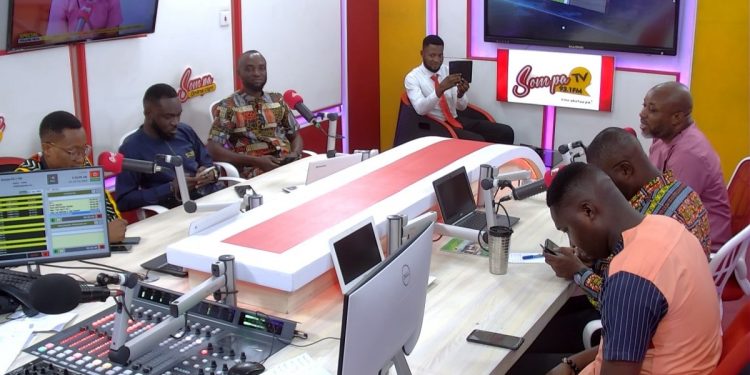
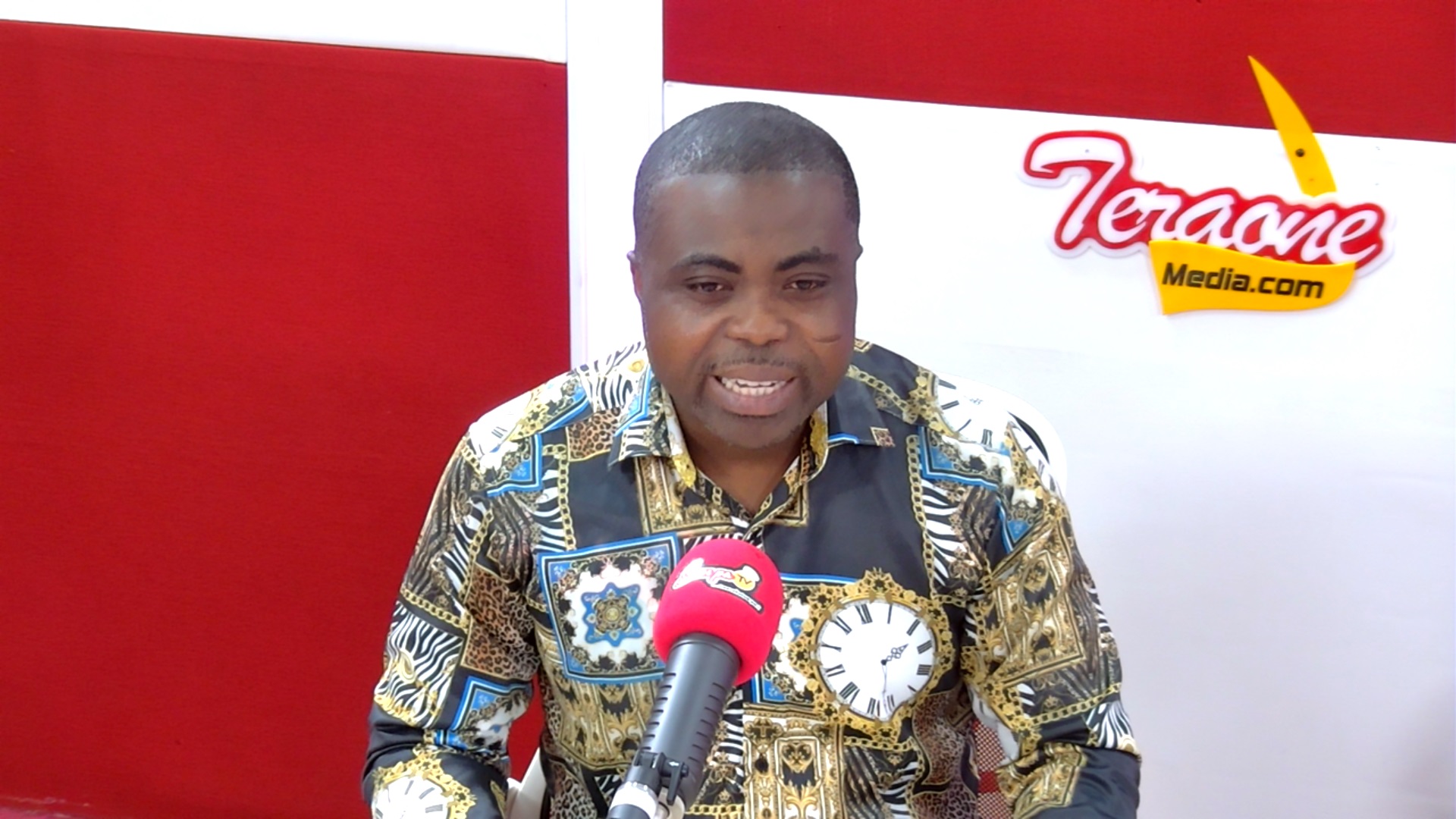
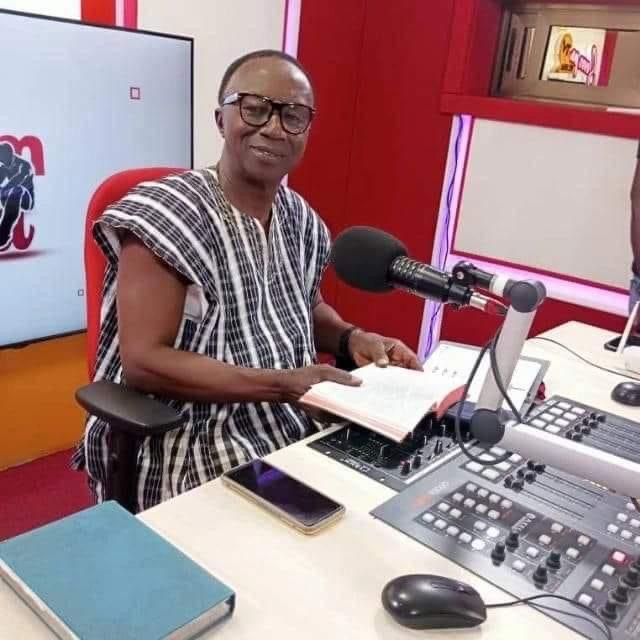
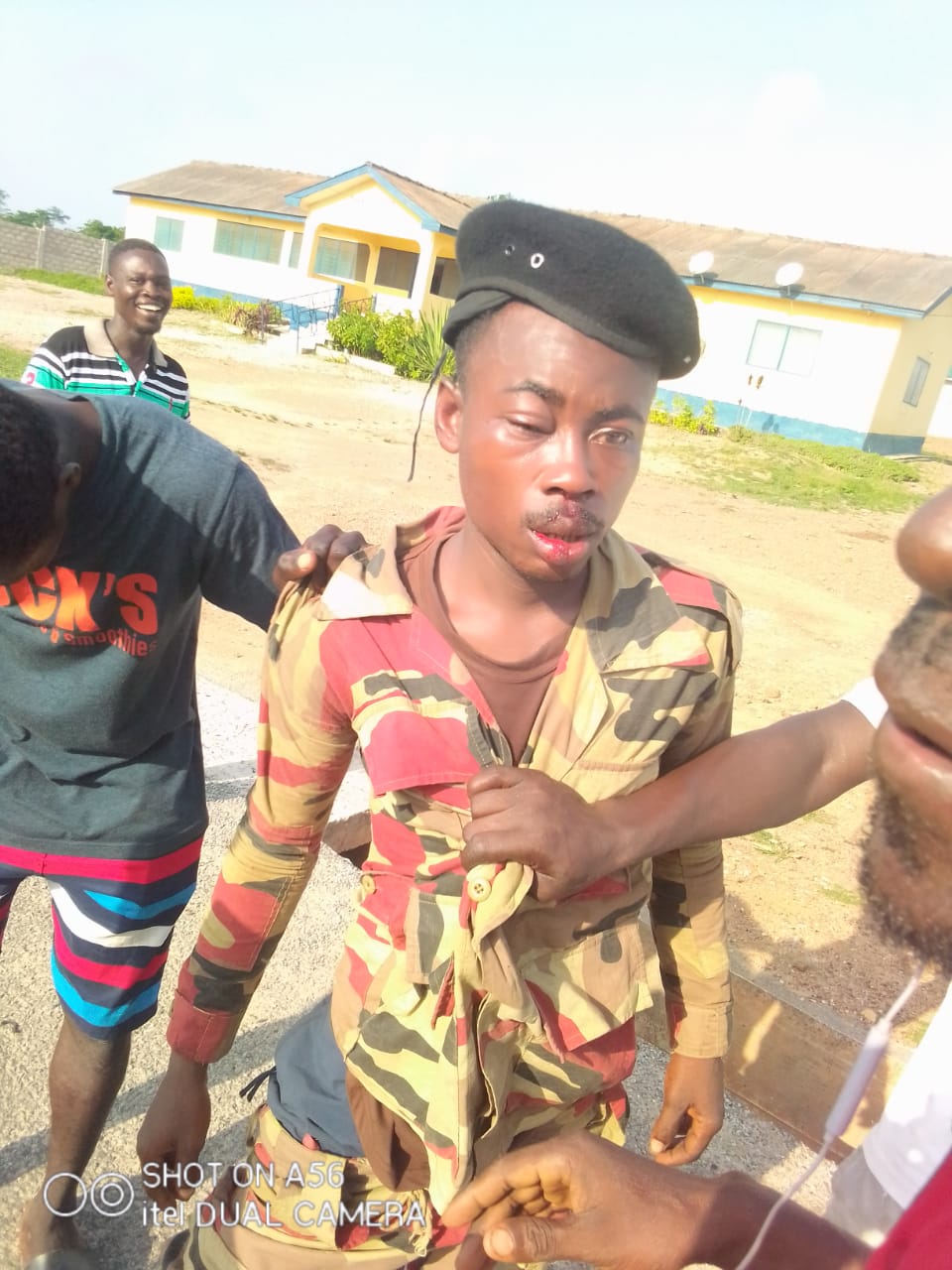



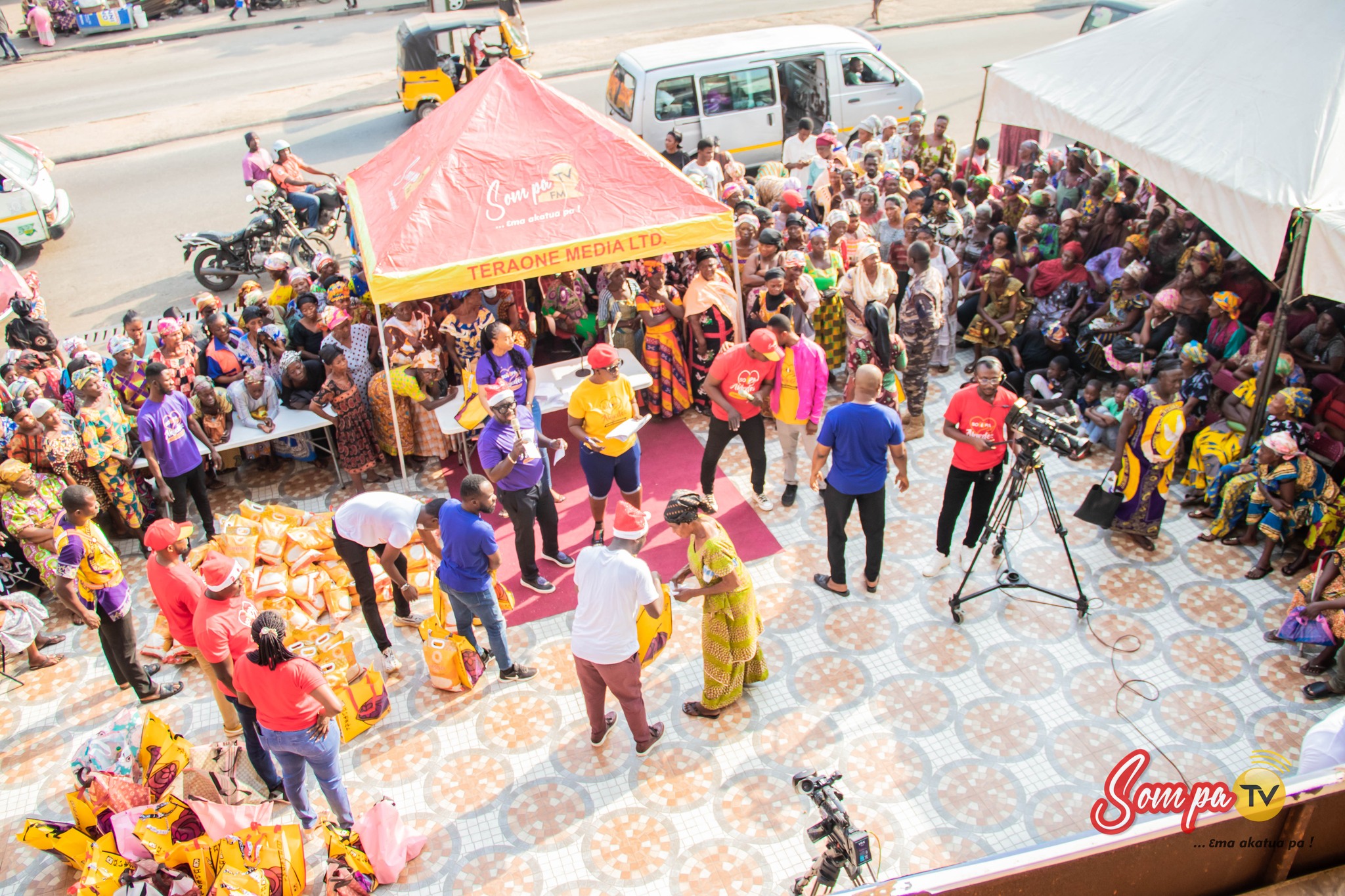
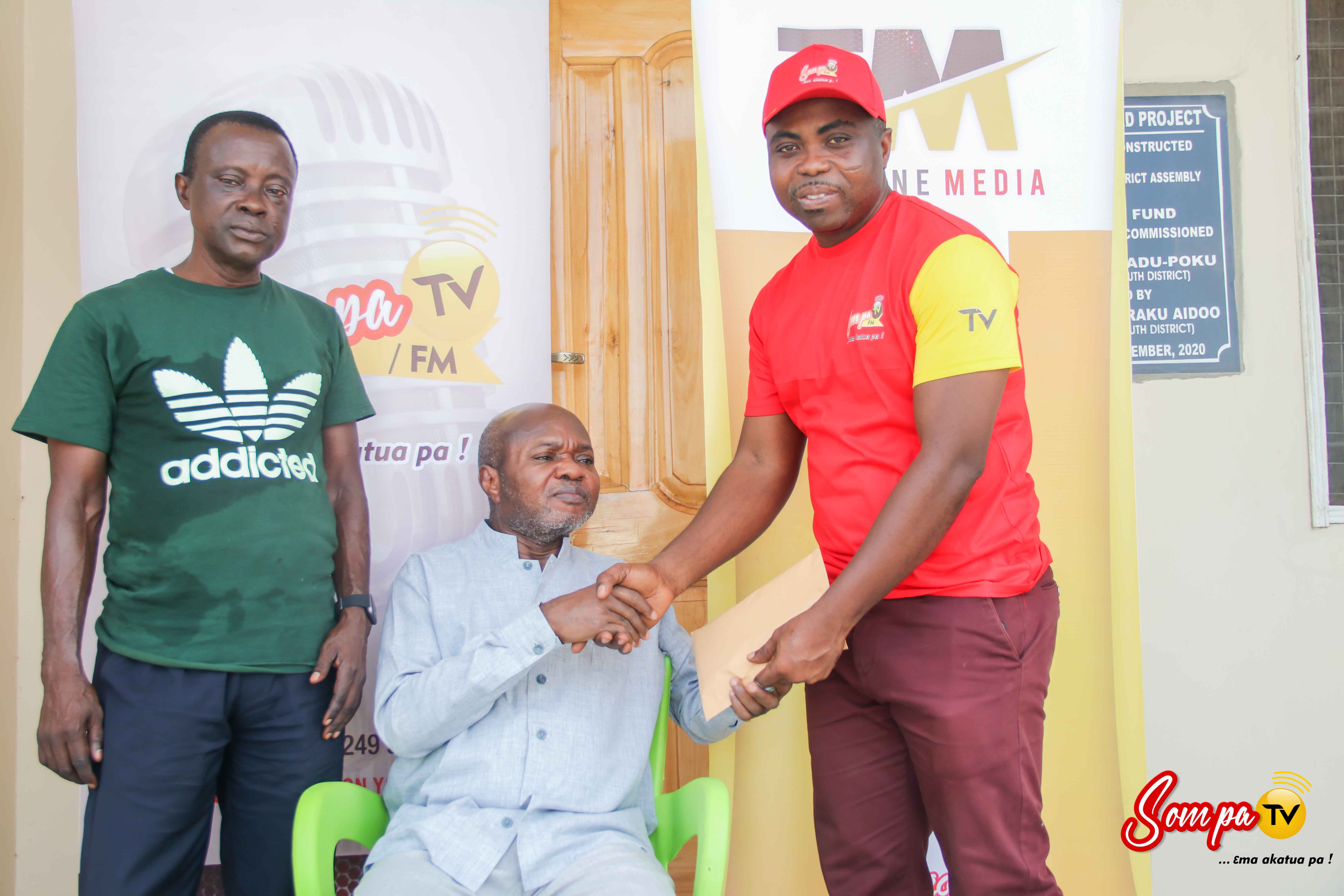
 Sompaonline.com offers its reading audience with a comprehensive online source for up-to-the-minute news about politics, business, entertainment and other issues in Ghana
Sompaonline.com offers its reading audience with a comprehensive online source for up-to-the-minute news about politics, business, entertainment and other issues in Ghana